2023 - 2024: Spaces of Persecution
Recorded events are available via:
October 12: The Banality of Evil: A Conversation on Theatre and the Holocaust featuring Moises Kaufman in Conversation with Allan Havis - virtual
co-sponsored by Eleanor Roosevelt College
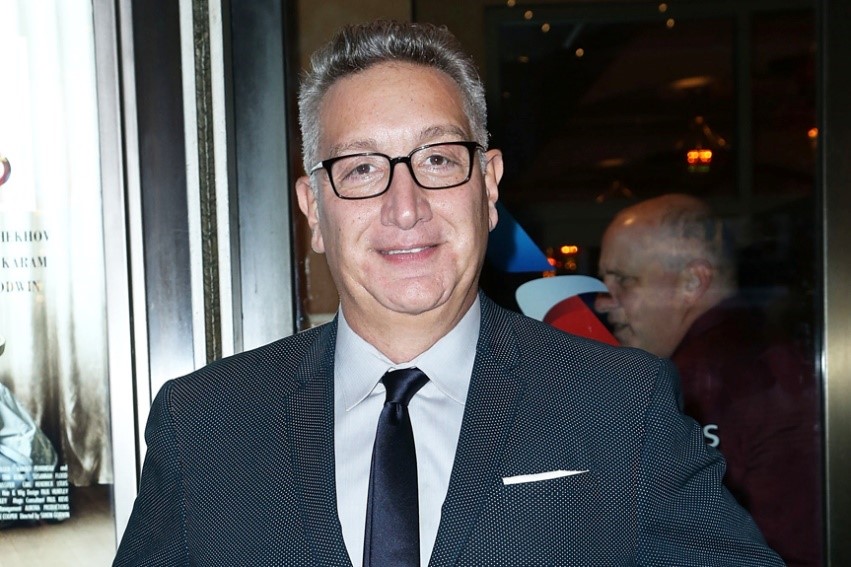
In 2006 an album of photographs from Auschwitz landed on the desk of an archivist at the United States Holocaust Memorial Museum. The photographs documented the many ways SS camp guards made life for themselves at the German deathcamp tolerable, even enjoyable. As news of the extraordinary find spread around the world, a German businessman discovered his own grandfather in one of the pictures. What was he to do with this shocking discovery? This is the ethical dilemma at the heart of the play Here there are blueberries, conceived and directed by the Venezuelan theatre director Moisés Kaufman. A playwright, filmmaker, and founder of Tectonic Theater Project, Kaufman is the recipient of numerous awards including the prestigious National Medal of Arts and Humanities. He will be in conversation with Allan Havis, a professor in the UC San Diego department of theatre and award-winning playwright.
November 16: In the Midst of Civilized Europe: The Pogroms of 1918-1921 and the Onset of the Holocaust featuring Jeffrey Veidlinger
Sponsored by July Galper
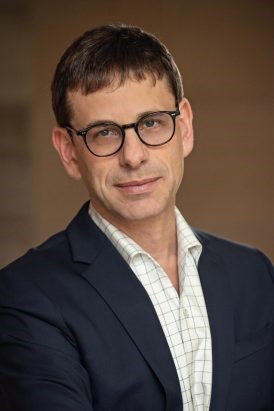
Between 1918 and 1921, Ukrainian peasants, townsmen, and soldiers who blamed the Jews for the turmoil of the Russian Revolution murdered over a hundred thousand Jews. Aid workers warned that six million Jews were in danger of extermination. Twenty years later, these dire predictions would come true. In his new book In the Midst of Civilized Europe, acclaimed historian Jeffrey Veidlinger shows for the first time how this wave of genocidal violence created the conditions for the Holocaust. Veidlinger is Joseph Brodsky Collegiate Professor of History and Judaic Studies at the University of Michigan and the author of multiple prize-winning books including The Moscow State Yiddish Theater: Jewish Culture on the Soviet Stage (2000), Jewish Public Culture in the Late Russian Empire (2009), and In the Shadow of the Shtetl: Small-Town Jewish Life in Soviet Ukraine (2013).
January 18: The Pope at War: The Secret History of Pius XII, Mussolini, and Hitler featuring David Kertzer
Sponsored by Joel and Nancy Dimsdale
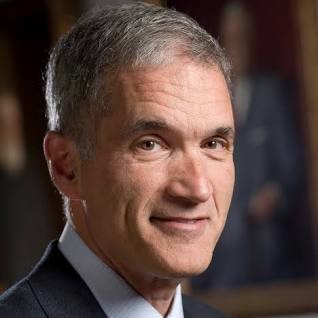
When Pope Pius XII died in 1958, his papers were sealed in the Vatican Secret Archives, leaving unanswered questions about what he knew and did during World War II. In 2020, the archives were finally opened. Based on thousands of never-before-seen documents, David Kertzer’s The Pope at War paints a dramatic portrait of what the pope did and did not do as war enveloped the continent and as the Nazis began their systematic mass murder of Europe’s Jews. Kertzer is the Brown University Dupee University Professor of Social Science, Emeritus, and Research Professor, Watson Institute for International and Public Affairs at Brown. His publications include the Pulitzer Prize-winning The Pope and Mussolini: The Secret History of Pius XI and the Rise of Fascism in Europe (2014); The Popes against the Jews (2001); and The Kidnapping of Edgardo Mortara (1998).
February 15: Hitler’s American Model: The United States and Nazi Race Law featuring James Q. Whitman - virtual
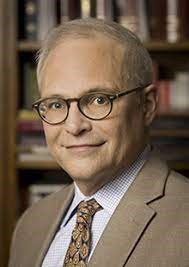 Nazism triumphed in Germany at a time Jim Crow held sway in the United States. Did the American regime of racial oppression in any way inspire the Nazis? The unsettling answer is yes. In Hitler’s American Model, prominent legal scholar James Q. Whitman presents a detailed investigation of the American impact on the notorious Nuremberg Laws, the centerpiece anti-Jewish legislation of the Nazi regime. Indelibly linking American race laws to the shaping of Nazi policies in Germany, Hitler’s American Model upends understandings of America’s influence on racist practices in the wider world. Whitman is the Ford Foundation of Comparative and Foreign Law at Yale Law School and the author of, among other books, The Verdict of Battle: The Law of Victory and the Making of Modern War (2012) and Harsh Justice: Criminal Punishment and the Widening Divide Between America and Europe, the winner of 2004 Distinguished Book Award of the Division of International Criminology of the American Society of Criminology.
Nazism triumphed in Germany at a time Jim Crow held sway in the United States. Did the American regime of racial oppression in any way inspire the Nazis? The unsettling answer is yes. In Hitler’s American Model, prominent legal scholar James Q. Whitman presents a detailed investigation of the American impact on the notorious Nuremberg Laws, the centerpiece anti-Jewish legislation of the Nazi regime. Indelibly linking American race laws to the shaping of Nazi policies in Germany, Hitler’s American Model upends understandings of America’s influence on racist practices in the wider world. Whitman is the Ford Foundation of Comparative and Foreign Law at Yale Law School and the author of, among other books, The Verdict of Battle: The Law of Victory and the Making of Modern War (2012) and Harsh Justice: Criminal Punishment and the Widening Divide Between America and Europe, the winner of 2004 Distinguished Book Award of the Division of International Criminology of the American Society of Criminology.
March 7: An Antisemitic Double-Murder: The Forgotten History of Right-Wing Terrorism in Postwar West Germany featuring with Uffa Jensen
Sponsored by Laurayne Ratner
Co-Sponsored by Thurgood Marshall College
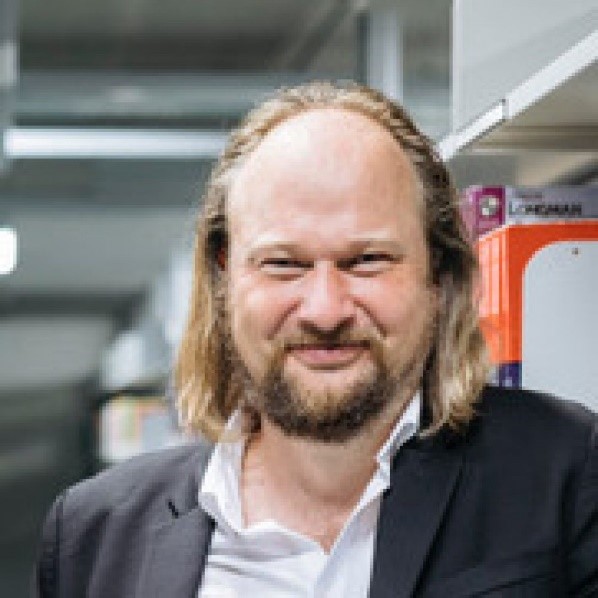
On December 19, 1980, Shlomo Lewin, the former chairman of the Jewish community in Nuremberg, and his partner Frida Poeschke were shot dead in their house in Erlangen. Instead of pursuing the leads that led to the right-wing extremist group »Wehrsportgruppe Hoffmann«, investigators concentrated on Lewin’s social environment for a long time. In this lecture, the German historian Uffa Jensen reconstructs the crime and its motivations, in the process unearthing a history of violence, trivialisation and repression that continues to this day. Jensen is a historian of modern history and serves as the deputy director at the Centre for Research on Antisemitism at the Technische Universität in Berlin. His publications include “Wie die Couch nach Kalkutta kam: Eine Globalgeschichte der frühen Psychoanalyse” (Berlin 2019); “Zornpolitik” (Berlin 2017); “Recht und Politik, Perspektiven deutsch- jüdischer Geschichte” (Paderborn 2014); and “Gebildete Doppelgänger. Bürgerliche Juden und Protestanten im 19. Jahrhundert” (Göttingen 2005).
April 4: The Kindness of Strangers: Survival in Linz, London and Shanghai featuring Bob Gans
Sponsored by Judi Gottschalk
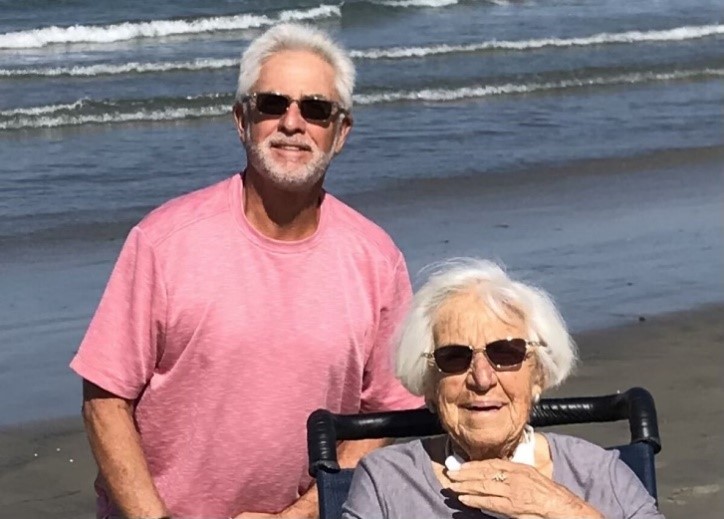
What does it take to survive persecution and exile? The story of Greta Taussig and Rudy Gans offers answers to this tantalizing question. Born in Linz, Austria, Greta emigrated to London after the country’s incorporation into the Third Reich, eventually enduring the horrors of the Blitz. Rudy was able to make his way to Shanghai after imprisonment in the notorious Dachau concentration camp. Along their arduous journey, each experienced the life-saving kindness of courageous strangers. At this special talk, their son Bob shares their thought-provoking story, supplemented by a display of artifacts and original documents. Prior to his retirement Bob (J.D., UCLA) was General Counsel of a publicly traded company doing business in the US and overseas. A passionate believer in the lessons of the Holocaust, he is Co-Chair of Welcome Home, an organization dedicated to assisting refugees legally residing in San Diego.
April 18: Family Papers: A Sephardic Journey Through the Twentieth Century featuring Sarah Abrevaya Stein
Lou Dunst Memorial Lecture
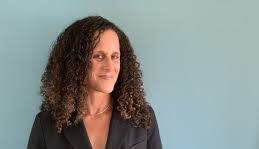
For centuries, the bustling port city of Salonica was home to the sprawling Levy family. The First World War transformed them from Ottomans to Greeks, and the Second World War nearly eviscerated the clan, eradicating whole branches of the global family tree. In Family Papers, historian Sarah Abrevaya Stein uses the family’s correspondence to tell the story of the Levys’ journey across the arc of a century and the breadth of the globe. What remains solid after years of dramatic change is the fragile tissue that once held them together: neither blood nor belief, but papers. Abrevaya Stein is the Viterbi Family Endowed Chair in Mediterranean Jewish Studies at UCLA and one of the world’s foremost experts on Sephardic history. Her books have won numerous prizes including two National Jewish Books Awards and the Sami Rohr Prize for Jewish Literature
May 16: Gray Zones: Collaborating with the Nazis featuring Laura Jockusch - virtual
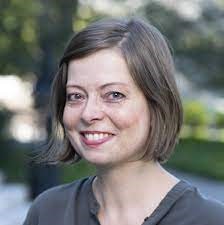
Besides victims, perpetrators, and bystanders, collaborators are one of the major categories of analysis in the study of the Holocaust. What did collaboration mean for Jews? What made Jews in East and West cooperate with the Nazis? In this lecture, Laura Jockusch addresses this question by exploring the morally thorny issue of collaboration and how it was adjudicated after the war. Jockusch is the Albert Abramson Associate Professor of Holocaust Studies at Brandeis University. Among her many scholarly publications, her book Collect and Record! (Oxford University Press, 2012), a study on the beginnings of Holocaust research by Jews and from a Jewish perspective, stands out. Her ongoing research project investigates how Jews conceptualized legal redress after the unprecedented crime of the Nazi genocide of European Jews.